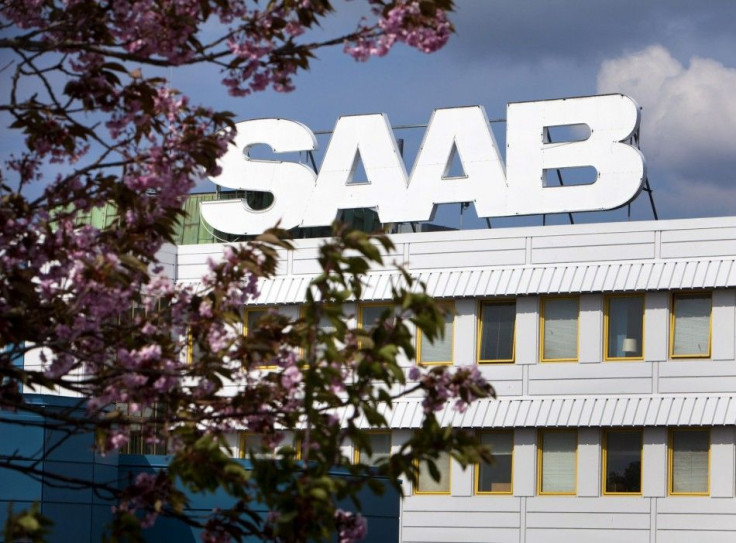Struggling Swedish Automaker Saab Files for Bankruptcy Protection

Iconic but struggling Swedish automaker Saab has filed for bankruptcy protection.
The company’s current owner, Netherlands-based Swedish Automobile, said the filing was done in order to secure short-term stability while simultaneously attracting additional funding.
Saab had to halt production in April because its suppliers ended making deliveries after they were not getting paid. Saab employees have themselves seen their pay delayed for three consecutive months.
While Swedish Automobile seeks to sell off minority stakes in the company, it concurrently will propose a plan of reorganization to creditors within three weeks.
Victor Muller, the chief executive of Swedish Automobile, told reporters the company intends to repay the $211 million owed to creditors in full.
Muller added that once the bankruptcy plan gets the green light from Swedish officials, Saab workers will get paid courtesy of the Stockholm government’s wage guarantee program.
However, the company would appear to have a very bleak future – unable to pay its suppliers or its own employees, the public seems to be shying away from purchasing new Saab cars.
Jay Nagley, an auto industry analyst at Red Spy Automotive, told the BBC: I'm just amazed that Saab is still alive at this stage. It is like a wounded animal. You think it is dead, but then it goes and twitches again. The key issue is which motorist in their right mind in Europe or the U.S. would choose to buy a Saab? Why would you risk buying an expensive new car if the manufacturer might not be around in three years time?
Nagley added: “The brand is tarnished, and the company doesn't own any of its own technology -- all the cars are based on GM Opels.”
Saab has a long and torturous ownership history.
Swedish Automobile, which was formerly called Spyker, acquired Saab from U.S. carmaker General Motors in January 2010.
When Spyker acquired Saab, the European Investment Bank (EIB) agreed to provide it with loans of about 400-million euros ($561-million). However, the Bank stopped making payments since the company failed to meet certain performance criteria.
Earlier this year, an agreement by two Chinese companies to purchase minority stakes in Saab has so far failed to receive regulatory approvals by agencies in either China or Europe.
Nagley also told BBC that he does not expect Chinese authorities to approve the proposed transactions.
The Chinese government is concerned that its car industry is too fragmented, he said.
[China] wants to see fewer, larger firms that can compete on the international stage. It doesn't want to see ambitious companies like these two buying a very small Swedish manufacturer.
In 2010, Saab sold only 30,000 cars (according to reports, analysts believe it needs to sell 120,000 just to break-even).
It is estimated that it would cost more than 1-billion euros [$1.41-billion] to put Saab on a sound footing, and I can't see even a Chinese company being prepared to pay that, Nagley added.
For the half-year period ended June 30, Swedish Automobile posted a net loss of 224-million euros ($322-million), versus a loss of 56-million euros a year earlier.
Ian Fletcher, an automotive analyst at IHD, wrote in a research note: The ongoing troubles at Saab is doing little for its reputation among demanding customers in the premium car market. In this highly competitive business it is being outperformed by more capable rivals such as Germany's Audi, BMW, and Mercedes, and even local rival Volvo Cars, all of which have seen demand surge of late after the collapse in 2009.
© Copyright IBTimes 2024. All rights reserved.




















